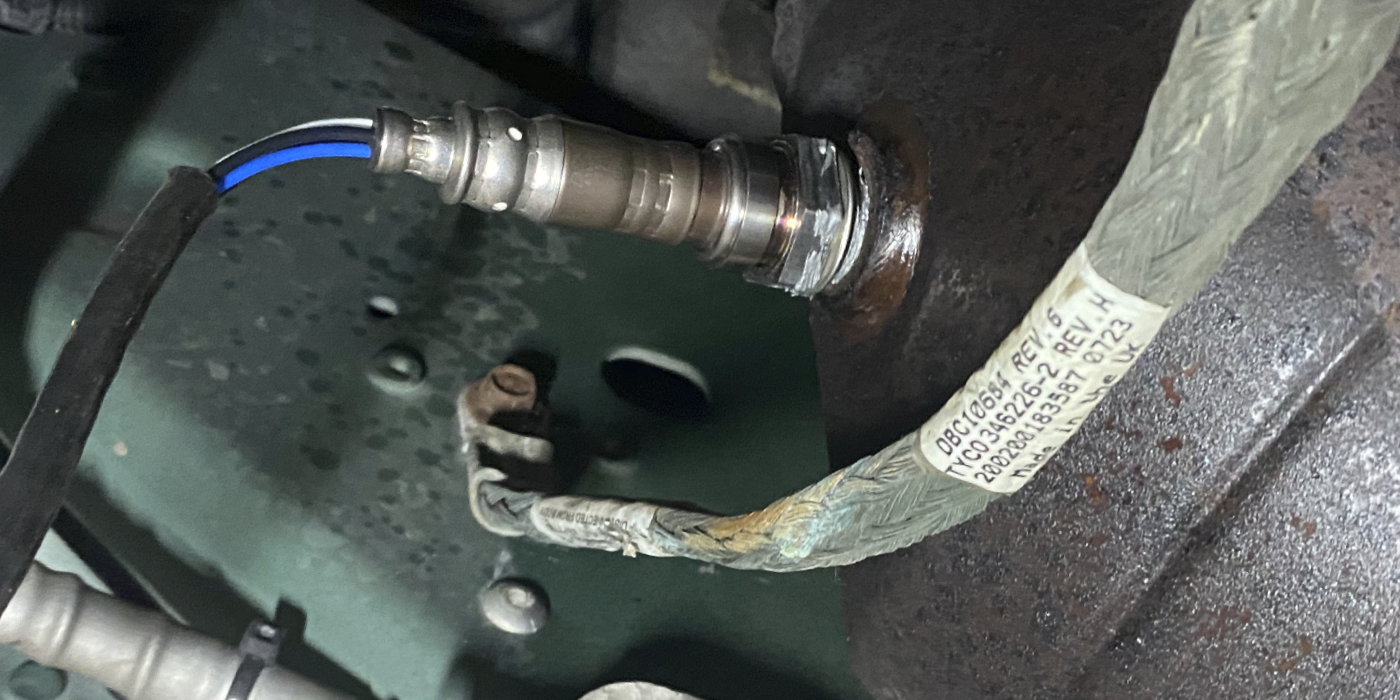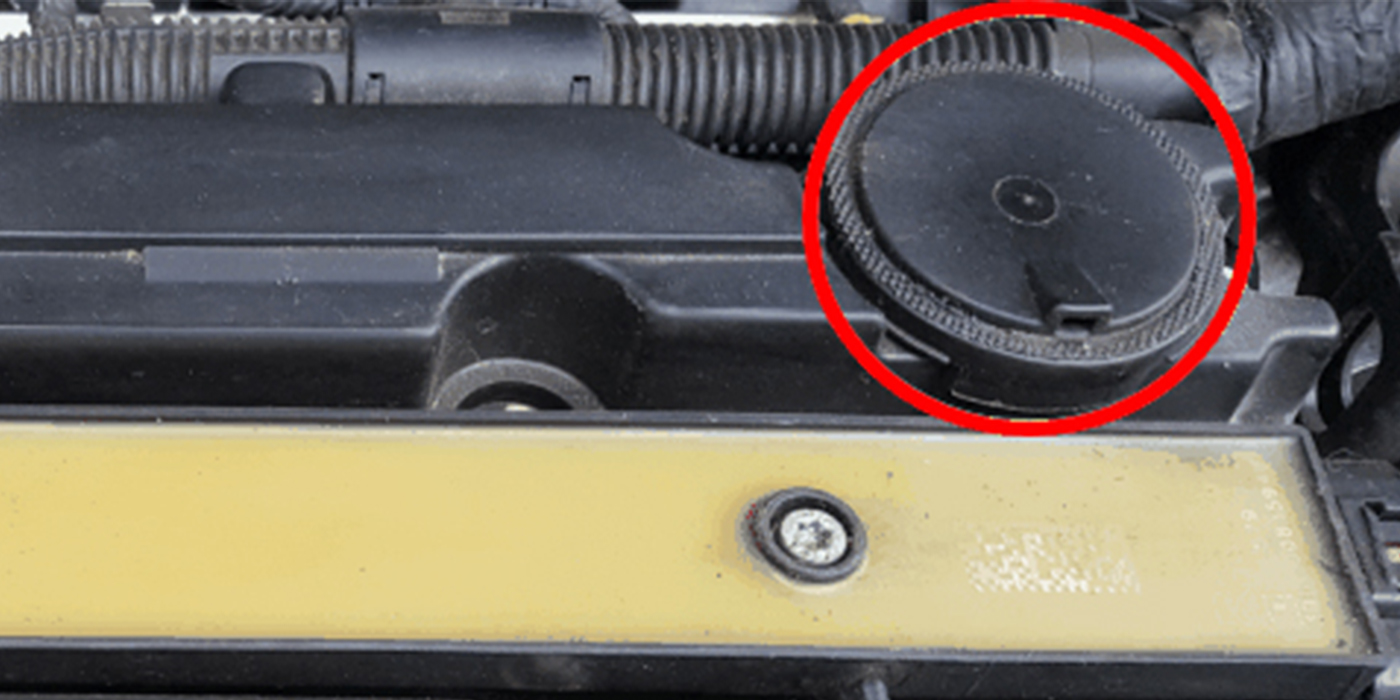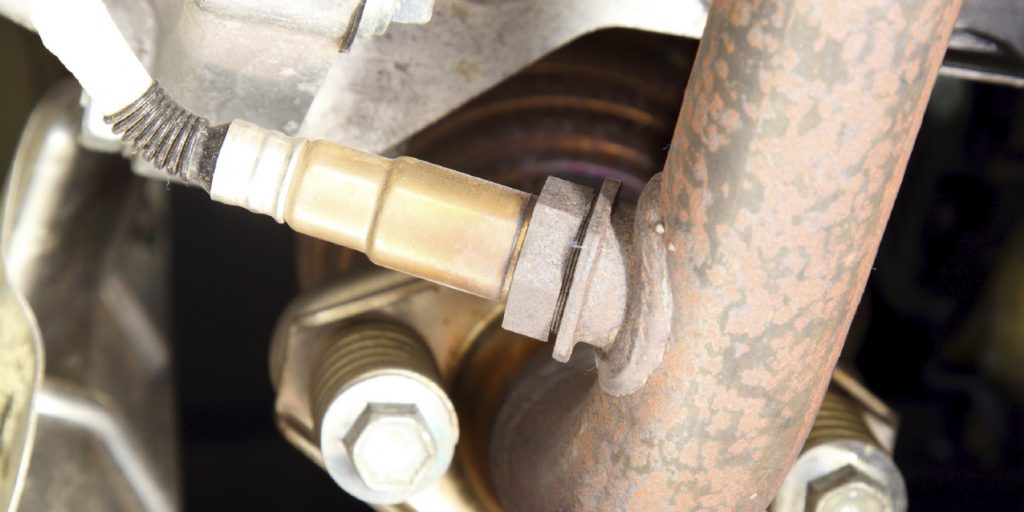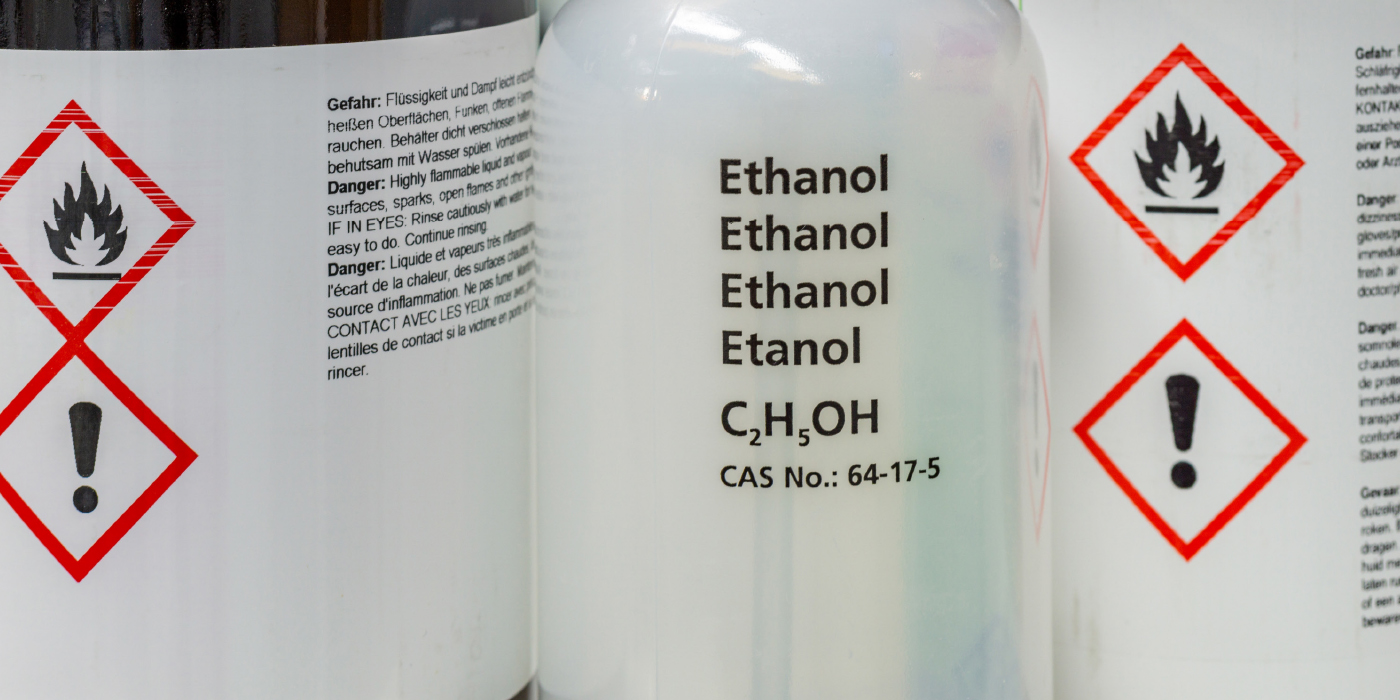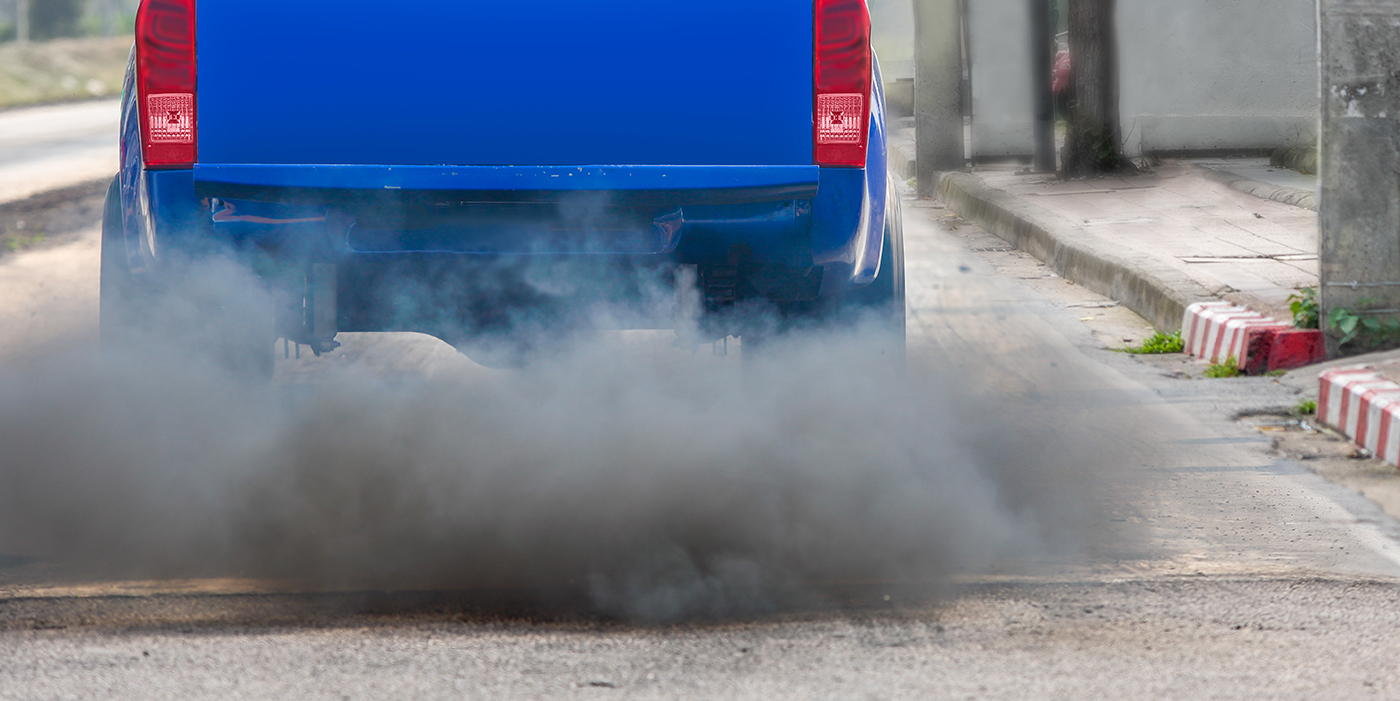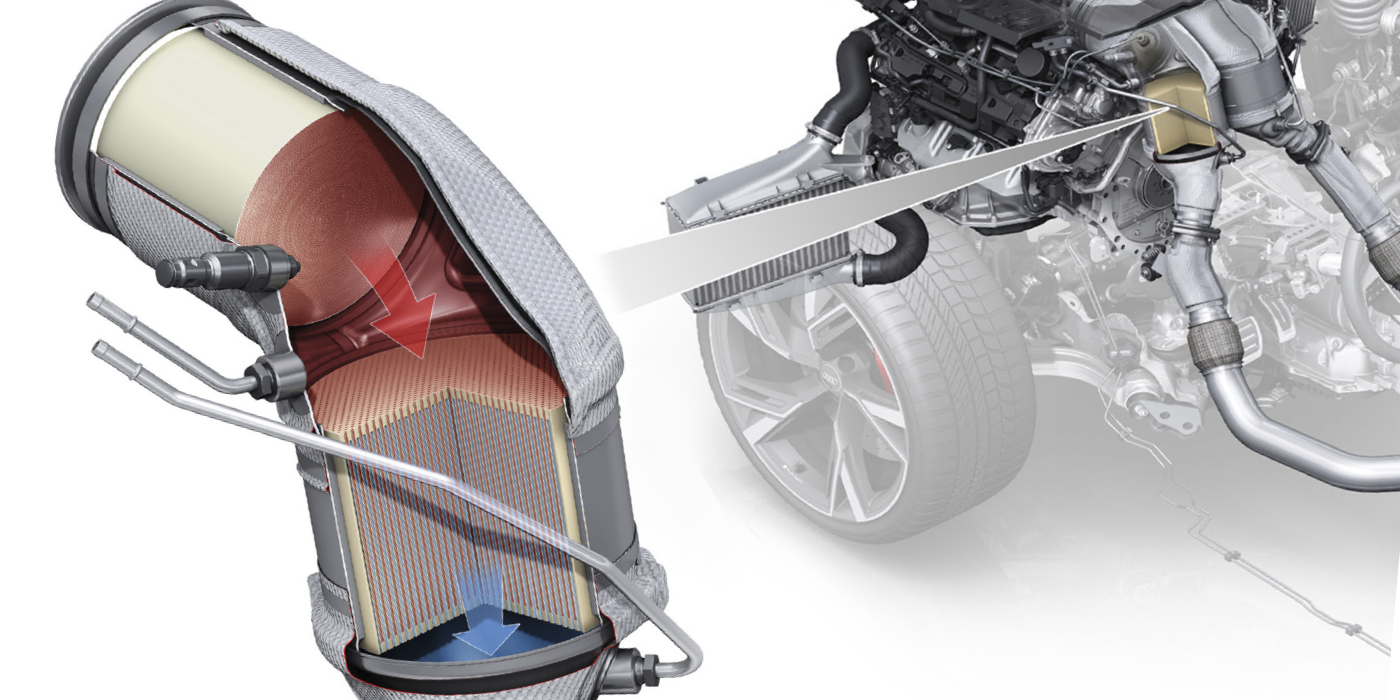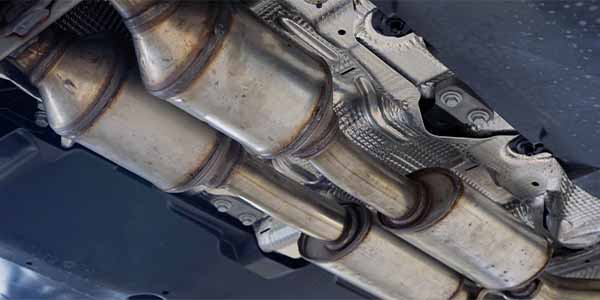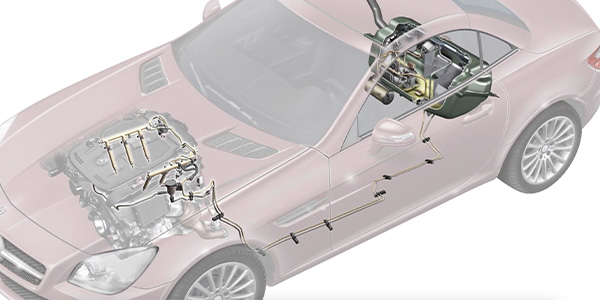A bill that is moving through the Wisconsin State Legislature would allow vehicle owners to get their required emissions tests done at their local repair shop instead of having to go to a testing station.
Below is the article as it appeared on the Milwaukee, WI, Journal Sentinel website.
Bill Proposes Allowing Emissions Testing at Car Repair Businesses
By Jason Stein and Patrick Marley of the Journal Sentinel
Posted: March 28, 2010
Madison — Drivers in southeastern Wisconsin could have required emissions tests for their car done at local repair shops, under a bill picking up speed in the Legislature.
But a group of opponents that includes the company with the state’s current testing contract says the change would roll back protections that ensure consumers don’t get scammed.
Advocates of the proposal say it would allow the state to take better advantage of newer technologies to perform the tests, which are meant to help lower ground-level ozone levels by identifying problem vehicles for repairs. It also would help drivers in areas such as western Racine and Kenosha counties, where the recent closing of a testing station has left residents without a convenient alternative.
"There’d be more options for customers. It would be closer to the people," said Chuck Supple, a section chief for the Department of Transportation, which supports the bill. "You don’t need extravagant brick-and-mortar facilities to do this."
Emissions testing is required in seven southeastern Wisconsin counties under federal law, but drivers from all over the state pay for the testing through gas taxes and vehicle registration fees.
The testing for about 500,000 cars is required in Milwaukee, Waukesha, Ozaukee, Washington, Racine, Kenosha and Sheboygan counties because those areas violate federal standards for ground-level ozone, a pollutant that causes respiratory ailments. Drivers must get cars built in 1996 or later tested every two years to be able to renew their vehicle registrations with the state.
Vehicles built before 1996 are no longer tested. Those vehicles are more likely to pollute, but they are more difficult to test, and there are fewer of them on the road with each passing year.
The state has a $3.4 million a year contract running through June 2011 with longtime contractor Envirotest Systems Corp., of East Granby, Conn., to do the testing at nine southeastern Wisconsin locations. Two additional locations, in Burlington and Cedarburg, were closed last year after the state cut Envirotest’s contract by $300,000 a year as part of larger budget cuts.
That led Sen. Bob Wirch (D-Pleasant Prairie) to try to help constituents who now have to drive more than 20 miles to locations such as Pleasant Prairie and Racine to get their cars tested. His bill, which was passed 6-1 by a Senate committee on March 11, would let the DOT contract with anyone, including repair shops, to do the vehicle tests and even allow the agency itself to do them.
"The main thrust of this was to help small businesses and help my constituents, who were up in arms," Wirch said of his bill.
Conflict Feared
The DOT tried to make a similar change toward more decentralized testing in 2008 and awarded its testing contract to a firm that was going to test vehicles at the existing facilities and 25 car repair shops. But the agency withdrew the award in December 2008 after Envirotest sued to challenge the decision, saying state law prohibited giving a testing contract to a business that also does car repairs.
Envirotest lobbyist Ron Kuehn said the firm was willing to work with the state to reopen the Burlington station by cutting down on other little-used parts of its operation. Allowing auto repair shops to do the testing could lead to a conflict of interest, he said.
Under the bill, repair shops still would be required to tell drivers whose cars had failed the test that they could get their repairs done at a different business.
"It takes off the books a consumer protection that has existed for 23 years," Kuehn said. "You don’t do that lightly."
Six Milwaukee lawmakers in the Assembly agreed, signing a letter to the bill’s Assembly co-sponsor, Rep. John Steinbrink (D-Pleasant Prairie), that said the current system works in Milwaukee. Any change should be restricted to the parts of Racine and Kenosha counties lying west of I-94, the letter said.
"We’re fixing a problem that doesn’t need to be fixed, at least in Milwaukee," said Rep. Pedro Colón (D-Milwaukee), one of the six who signed the letter.
Wirch said he did not believe having the tests offered at repair shops would lead to fraud, but added that he was open to an amendment that would limit the bill to western Racine and Kenosha counties.
The DOT’s Supple said that would be a mistake, since everyone in the seven-county area could benefit from making the testing more convenient and available with services such as an oil change.
To read this article on the Journal Sentinel website, visit http://www.jsonline.com/news/statepolitics/89370852.html.

